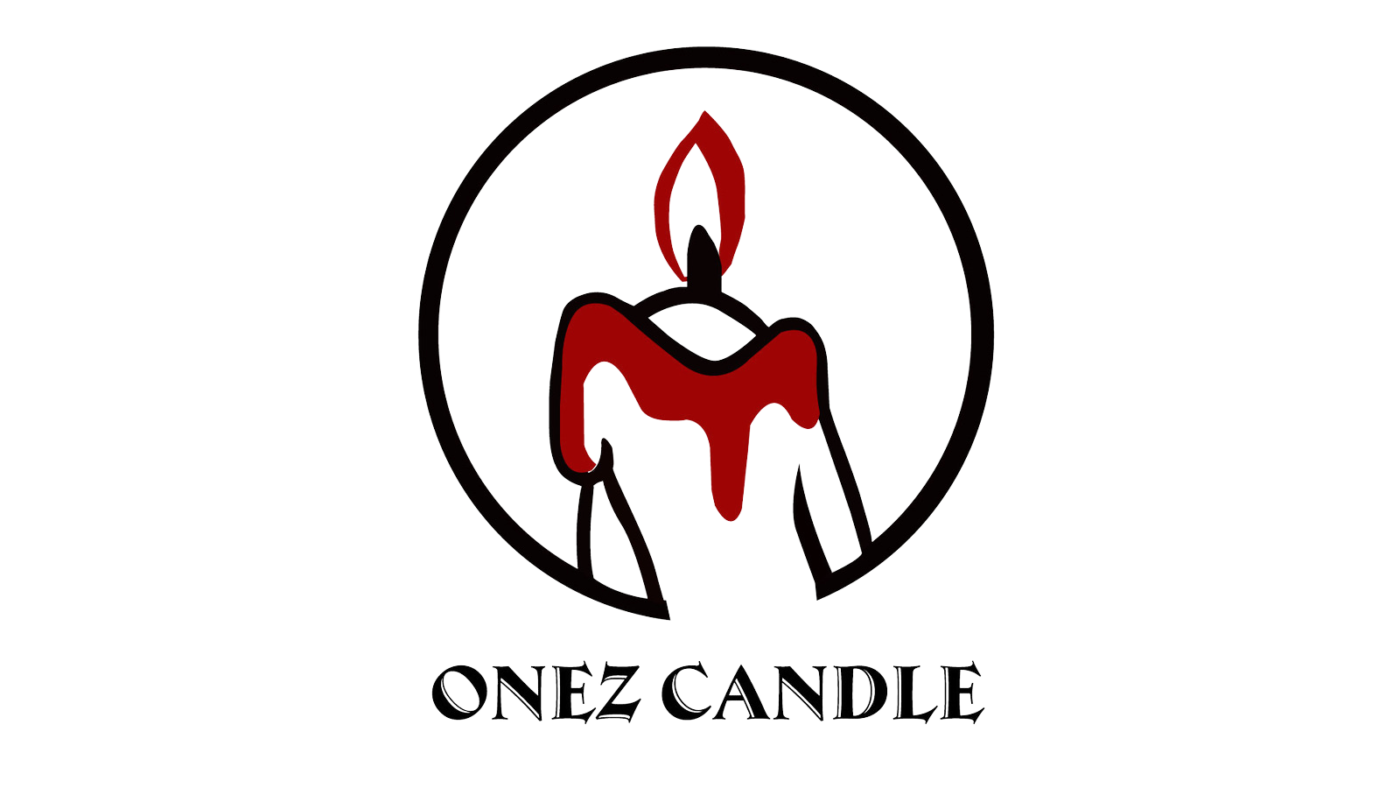get my payday loan
Also, plaintiff try not to county a declare concerning CWALT’s alleged lack out-of authorization of one’s property foreclosure
Because CWALT is not a party compared to that litigation, the what are legitimate loan sites fresh supposed tips of the certificate owners aren’t safely in advance of this Courtroom; whether or not they were, but not, plaintiff’s allege manage however falter, while the their own contentions off CWALT’s diminished agreement is actually conclusory and without informative support.
Its undeniable one CWALT is not a good “group unknown” to plaintiff; as such, CWALT isnt found in plaintiff’s broad malfunction of unnamed defendants.
While it’s likely that defendants could have did not go after ideal property foreclosure actions, it is undisputed that defendants had the directly to foreclose built up on plaintiff’s default underneath the loan

Plaintiff’s next allege seeks a great decree out of this Courtroom that the disputed home is 100 % free and you may free from every encumbrances, for instance the Action out of Trust. Plaintiff’s revised hushed label allege are same as which claim into the their particular earlier complaint, other than plaintiff adds a paragraph proclaiming that defendants’ interest “during the plaintiff’s real-estate is actually instead quality as plaintiff’s note is split away from plaintiff’s deed off believe because of the defendants, tranched, and sold so you’re able to divergent buyers.” SAC 49.
The rest of plaintiff’s declaratory wisdom claim was contingent up on the newest conclusion that any loan from inside the MERS method is unenforceable
The factual allegations supporting the complaint are once again conclusory. With the exception of the additional paragraph, the entirety of plaintiffs fourth claim states that “[p]laintiff is the owner in possession of real property . . . [defendants are] not in possession of plaintiff’s real property . . . [defendants] claim a right [which] . is adverse to plaintiff’s interest.” Id. at 37-43. Accordingly, plaintiff continues to merely allege the elements of a claim to quiet title. Look for Or. Rev. Stat. (“Any person claiming an interest or estate in real property not in the actual possession of another may maintain a suit in equity against another who claims an adverse interest”).
More importantly, however, plaintiff’s claim fails as a matter of law. To secure a judgment quieting title, plaintiff must establish that she has “a substantial interest in, or claim to, the disputed property and that [her] title is superior to that of defendants.” Coussens v. Stevens, 200 Or.App. 165, 171, 113 P.3d 952 (2005) (citing Or. Rev. Stat. ; and Faw v. Larson, 274 Or. 643, 646, 548 P.2d 495 (1976)). While this standard “does not require the plaintiff’s title to be above reproach, it does require that [plaintiff] prevail on the strength of [her] own title as opposed to the weaknesses of defendants’ title.” Id., (citations and internal quotations omitted).
As previously mentioned in the View, plaintiff is unable to claim this new supremacy of her own title while the she don’t features one ownership demand for brand new disputed property:
a person may bring an equitable quiet title action to obtain resolution of a dispute relating to adverse or conflicting claims to real property. Spears v. Dizick, 235 Or.App. 594, 598, 234 P.3d 1037 (2010). Thus, because plaintiff is unable to cure the default, she no longer has a valid claim for entitlement to the property. As such, there are no conflicting claims to the property for this Court to resolve.
Plaintiff’s next amended criticism alleges zero new items relating to her ability to remove the new standard otherwise defendants’ right to foreclose; therefore, plaintiff cannot render a factor where she is named to silent title. Alternatively, because plaintiff try legitimately in standard, she no longer have a control demand for the brand new debated possessions. Hence, that defendants presumably impermissibly split the fresh new Notice regarding the Deed from Trust does not get better plaintiff’s allege. Ergo, defendants’ activity to help you write off is actually supplied regarding plaintiff’s next allege.
